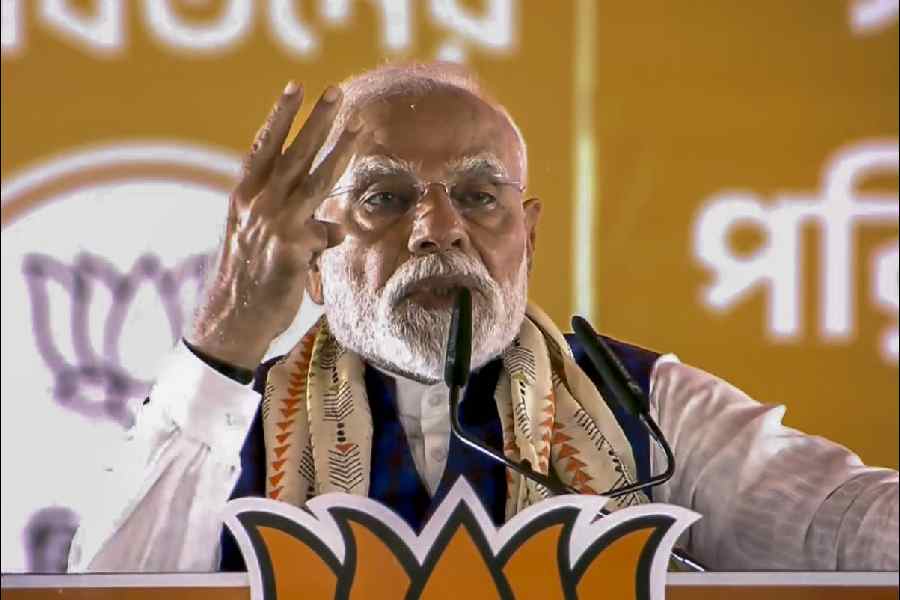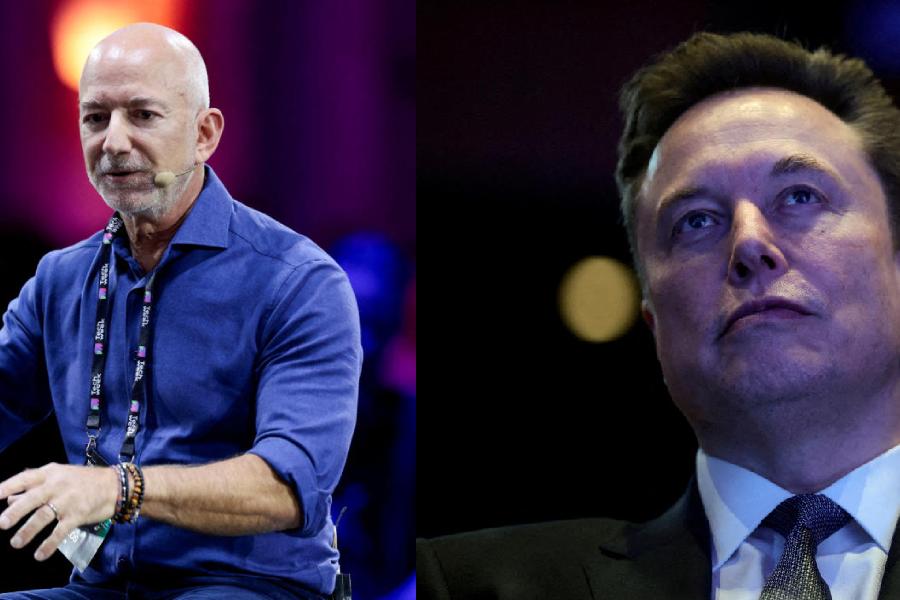Several red flags have been raised against the Constitution (One Hundred and Thirtieth Amendment) Bill, which has proposed that office holders such as the prime minister, chief ministers and other ministers can be removed if they are incarcerated on serious charges for 30 days even without a conviction. Anointing the executive as both jury and executioner, wilful targeting of Opposition leaders, thereby leading a democracy towards a police State, and turning the principle of natural justice, which argues that everyone must be assumed innocent until proven guilty, on its head have figured among these concerns. The contentious bill has been sent to a joint parliamentary committee but it appears that the Bharatiya Janata Party government is likely to double down on this proposed law. The grounds for the support — the prime minister and Union home minister have aired favourable views — pertain to the stated aim of upholding morality and cleaning the proverbial Augean stables of corruption.
That India must rid itself of the pestilence of graft cannot be argued. The problem is that over a decade of rule by Mr Modi’s regime has not augmented public confidence that his government is keen on taking the battle to the corrupt. Existing data support such a hypothesis. Last year, India had ranked 96 out of 180 countries in the Corruption Perception Index of Transparency International; India’s score of 38 was suggestive of relatively high public corruption. What is shocking in a country with embedded institutional corruption is the seeming impotency of investigative agencies under Mr Modi’s watch. Even the Supreme Court has chastised the Enforcement Directorate on account of its poor conviction rate in cases of money laundering. But no censor has curbed the enthusiasm of Central investigative agencies to target leaders from the Opposition: an estimate showed that more than 10 serving chief ministers — none of them from the BJP — had been arrested since May 2014, with eight of them having to spend over 30 days in prison before they were given bail. If the Constitution (One Hundred and Thirtieth Amendment) Bill were to become the law of the land — as the BJP wishes — all eight chief ministers would have lost their chairs. Corruption requires such structural transformation as better regulatory oversight, greater accountability and fairer investigations. Optics and laws vulnerable to prejudice cannot be the answer to this serious problem.










